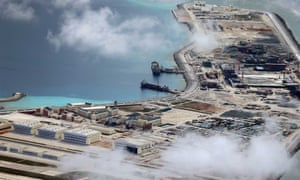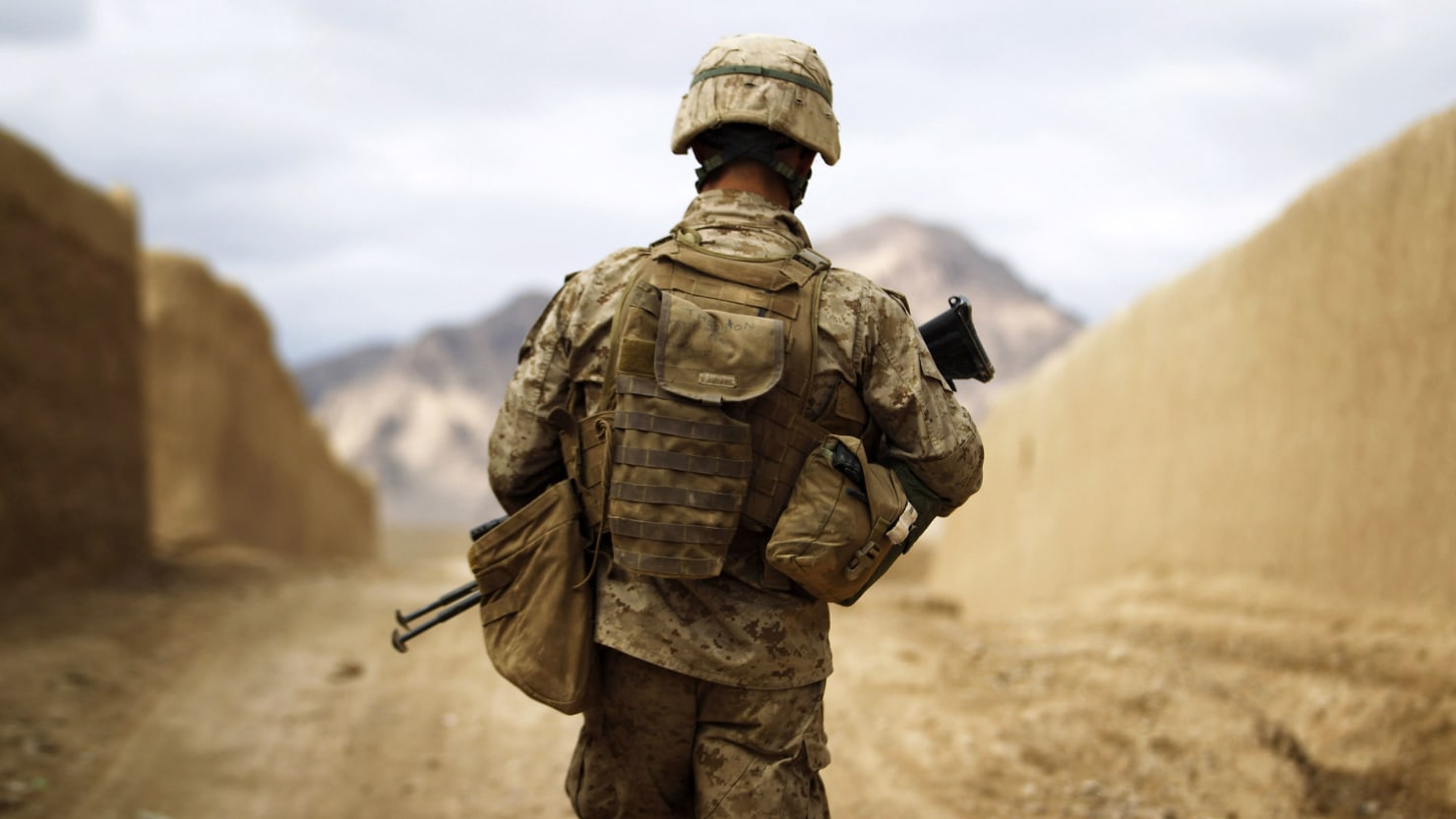By Tom Phillips
 Beijing has been accused of building “island fortresses” in the South China Seaafter a newspaper in the Philippines obtained aerial photographs offering what experts called the most detailed glimpse yet of China’s militarisation of the waterway.
Beijing has been accused of building “island fortresses” in the South China Seaafter a newspaper in the Philippines obtained aerial photographs offering what experts called the most detailed glimpse yet of China’s militarisation of the waterway.
The Philippine Daily Inquirer said the surveillance photographs – passed to its reporters by an unnamed source – were












